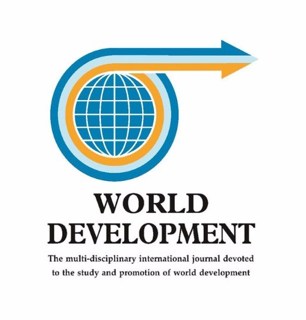A data-driven approach improves food insecurity crisis prediction

Globally, over 800 million people are food insecure. Current methods for identifying food insecurity crises are not based on statistical models and fail to systematically incorporate readily available data on prices, weather, and demographics. As a result, policymakers cannot rapidly identify food insecure populations. These problems delay responses to mitigate hunger. We develop a replicable, near real-time model incorporating spatially and temporally granular market data, remotely-sensed rainfall and geographic data, and demographic characteristics. We train the model on 2010–11 data from Malawi and forecast 2013 food security. Our model correctly identifies the food security status of 83 to 99 percent of the most food insecure village clusters in 2013, depending on the food security measure, while the prevailing approach correctly identifies between 0 and 10 percent. Our results show the power of modeling food insecurity to provide early warning and suggest model-driven approaches could dramatically improve food insecurity crisis response.



